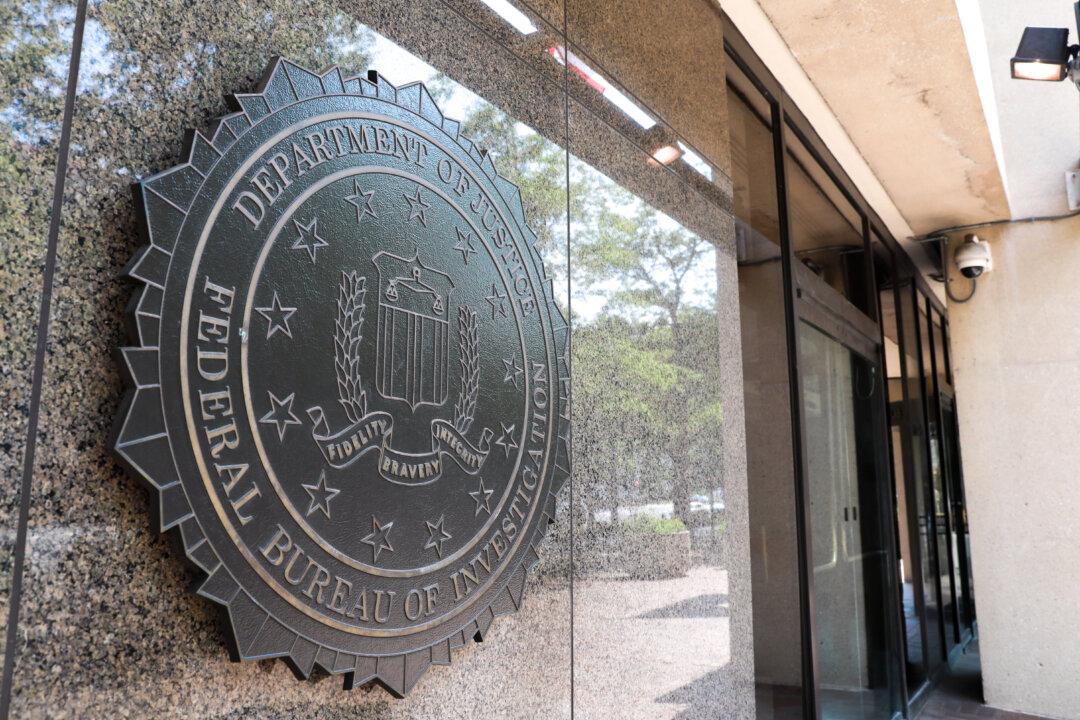News Analysis
As evidence mounts that the FBI has engaged in questionable, and even illegal, surveillance on Americans, experts and lawmakers are questioning whether the bureau has been given too much leeway over whom it can single out for investigation and surveillance.





